Your phone is a terrible alarm clock – here are four better ones
Start your day (and semester) on the right foot
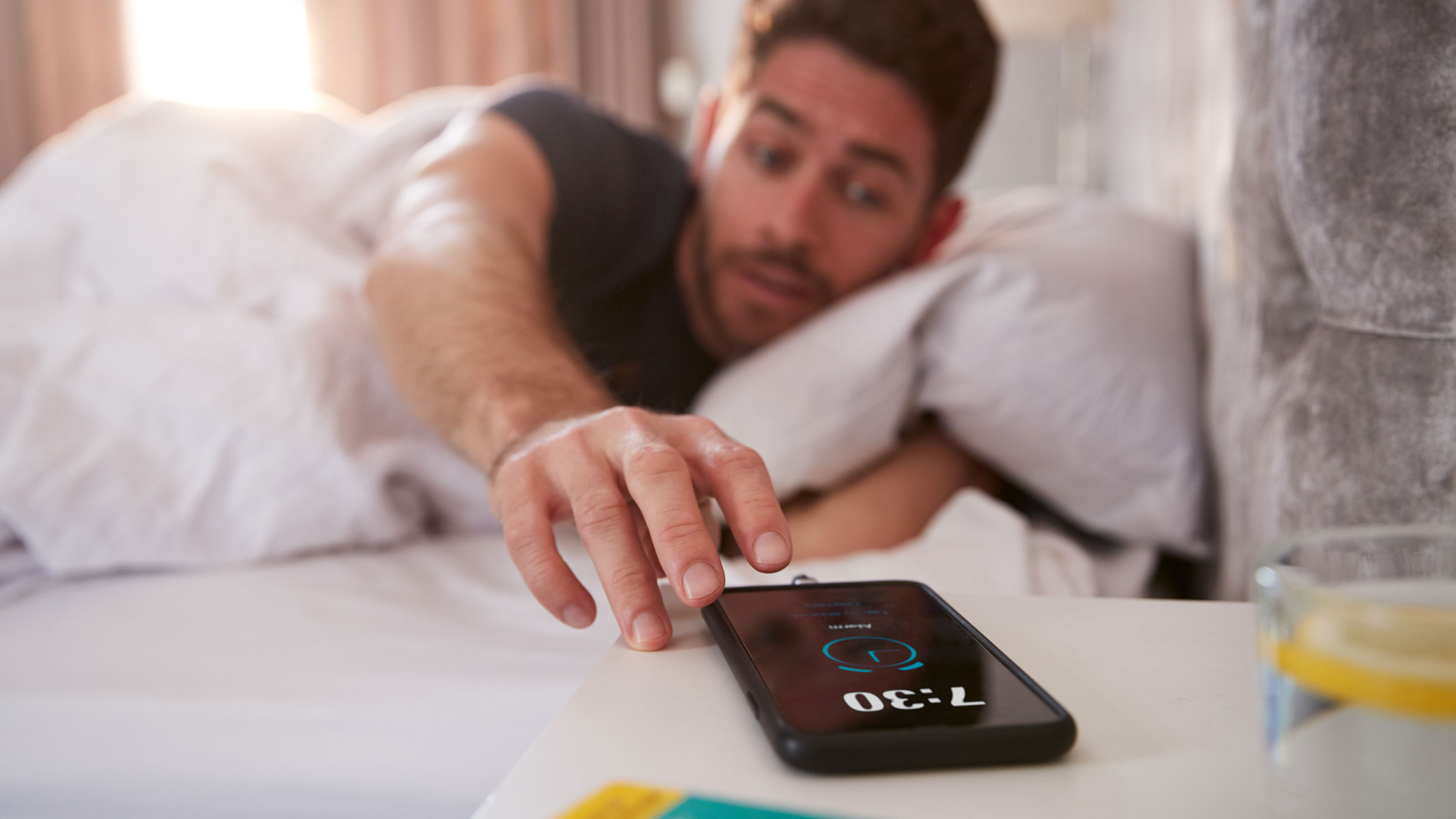
Sign up for breaking news, reviews, opinion, top tech deals, and more.
You are now subscribed
Your newsletter sign-up was successful
Back to school or college this year? If you change one thing, you should not use your phone as an alarm clock. In fact, you shouldn’t even have your phone in your room, based on the latest research. Instead you should be using another device such as an alarm clock, the best wake-up light, or the best smart speaker to help you get up instead.
Keeping your phone by your bed can affect your sleeping patterns. It’s not because of any kind of radiation from your device, which is largely unproven pseudoscience, but rather a combination effect of a more relaxed state of mind, and less exposure to blue light and addictive apps in the moments before sleep, after sleep, and upon waking up in the middle of the night.
One study, published in the scientific journal Computers in Human Behavior, found that sleeping without smartphones in the same room actually improved more than just sleep: it also increased focus, improved relationships at home, and contributed to general wellbeing. Less sleep disturbances, thanks to the absence of rhythm-disrupting blue light from our phones, can also improve memory and concentration, vital for any student.
In order to get your best sleep and set yourself up for success, banish the phone from the bedroom. Instead, pick up a different sleep solution. From alarm clocks to fitness trackers, each one of the wake-up devices below allows you to rise without your phone. Not only will you get better sleep, but you’ll be less likely to jump straight into checking your notifications and social media, and be happier, healthier and more productive as a result.
Best alarm clocks
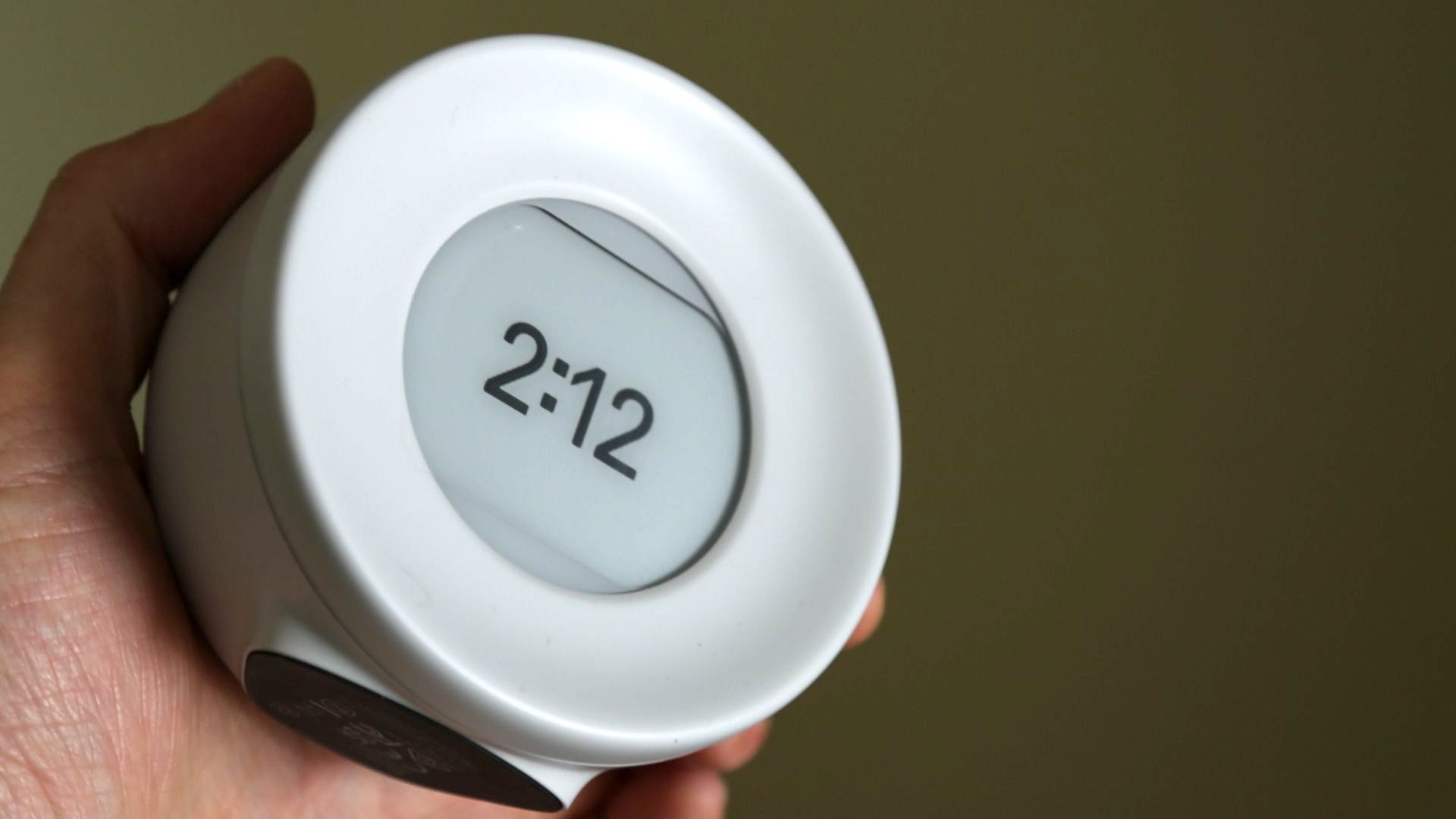
1. Mudita E-Ink Harmony
- E-ink display ensures no light leeches into your room
- 17 meditative wake-up melodies
- Specifically aimed at problem sleepers
If you already have issues sleeping (and what student doesn’t?) our top pick is the Mudita E-Ink Harmony alarm clock. The display is reminiscent of an e-reader, designed as a digital screen to be read clearly with no backlight. This stops extra light sneaking into its room as you sleep. It’s not the cheapest entry into this list, at US$169.99, £135 in the UK and AU$237 in Australia, but it’s perfectly geared towards those with sleeping troubles.
The clock offers around a week’s worth of alarms on a full charge, so you’d best remember to plug it in when it’s getting low or you may miss your first class. The Mudita’s single button design is really intuitive: it’s got just one button to navigate the menu, act as a snooze function and turn the clock on and off.
Want to completely black out your room for top-quality sleep, have no light projected from a glowing digital clock, and get gently roused by relaxing music? The Mudita is for you.
Sign up for breaking news, reviews, opinion, top tech deals, and more.
Read our full Mudita E-Ink Harmony review here
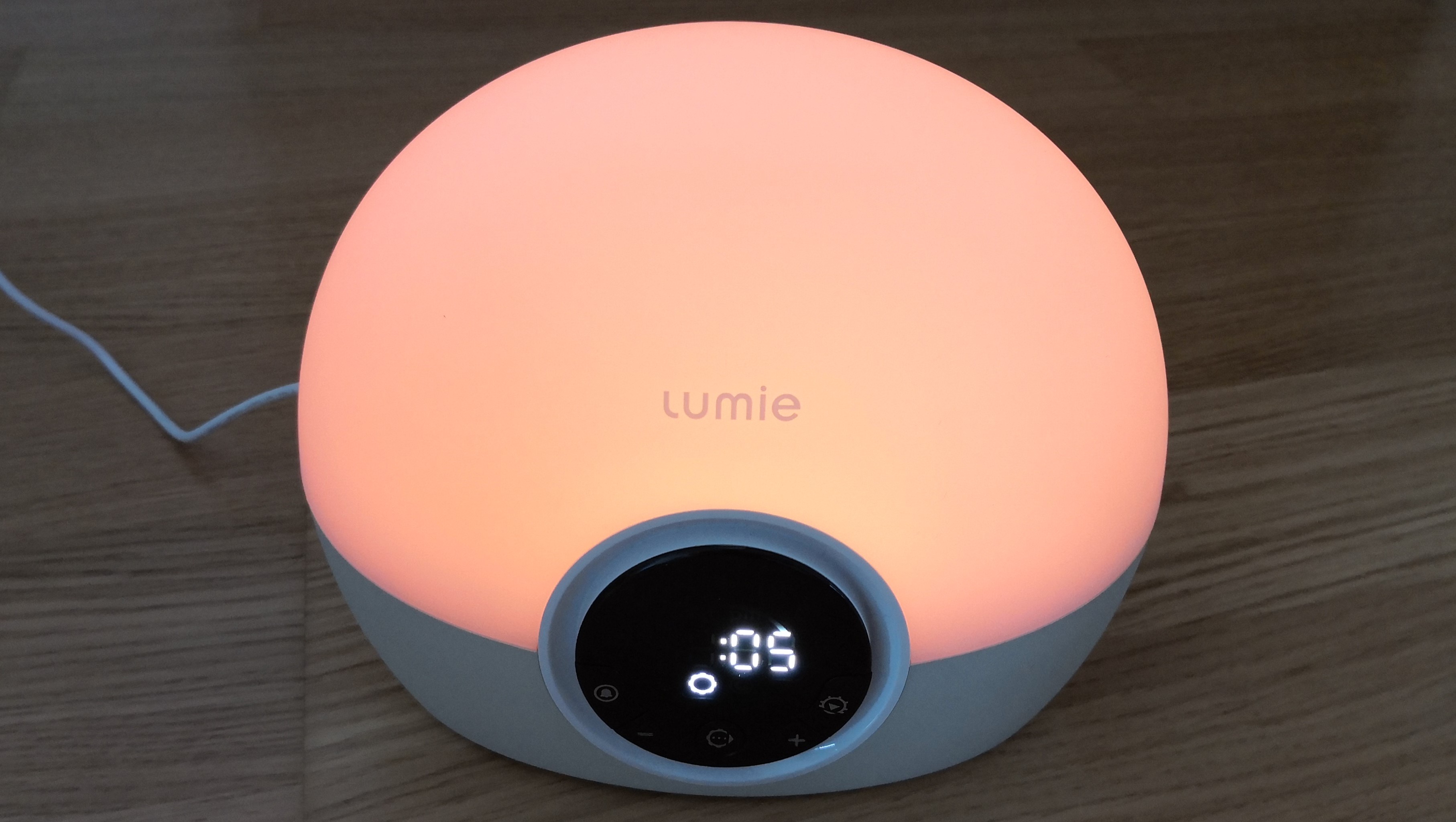
2. Lumie Bodyclock Spark 100
- Wake up with natural-style light
- Easy to use
- Not the cheapest
A wake-up light is a nifty solution to being dragged from sleep by blaring alarms, straight into a hole of notifications. Instead, a wake-up light slowly brightens the room with ambient light, then begins to play soothing sounds to wake you up. It’s a far more gentle way to get up, plus your body clock begins to kick in, telling you it’s morning as a result of the bright light.
The Lumie Bodyclock Spark 300 is one of the best we’ve tried. The cost isn’t super-low at around $100, but the natural-style light is excellent, the design makes the clock and alarms easy to set, and the tap-to-snooze functions and 30-minutes gradual glow ensures a good start to your morning.
The alarm is a tad harsh, and it’s not the cheapest option, but its a reliable, well-reviewed wake up solution. Cheaper options from brands like Philips SmartSleep can be found at less than half the price on Amazon.
Read our full Lumie Bodyclock Spark 100 here
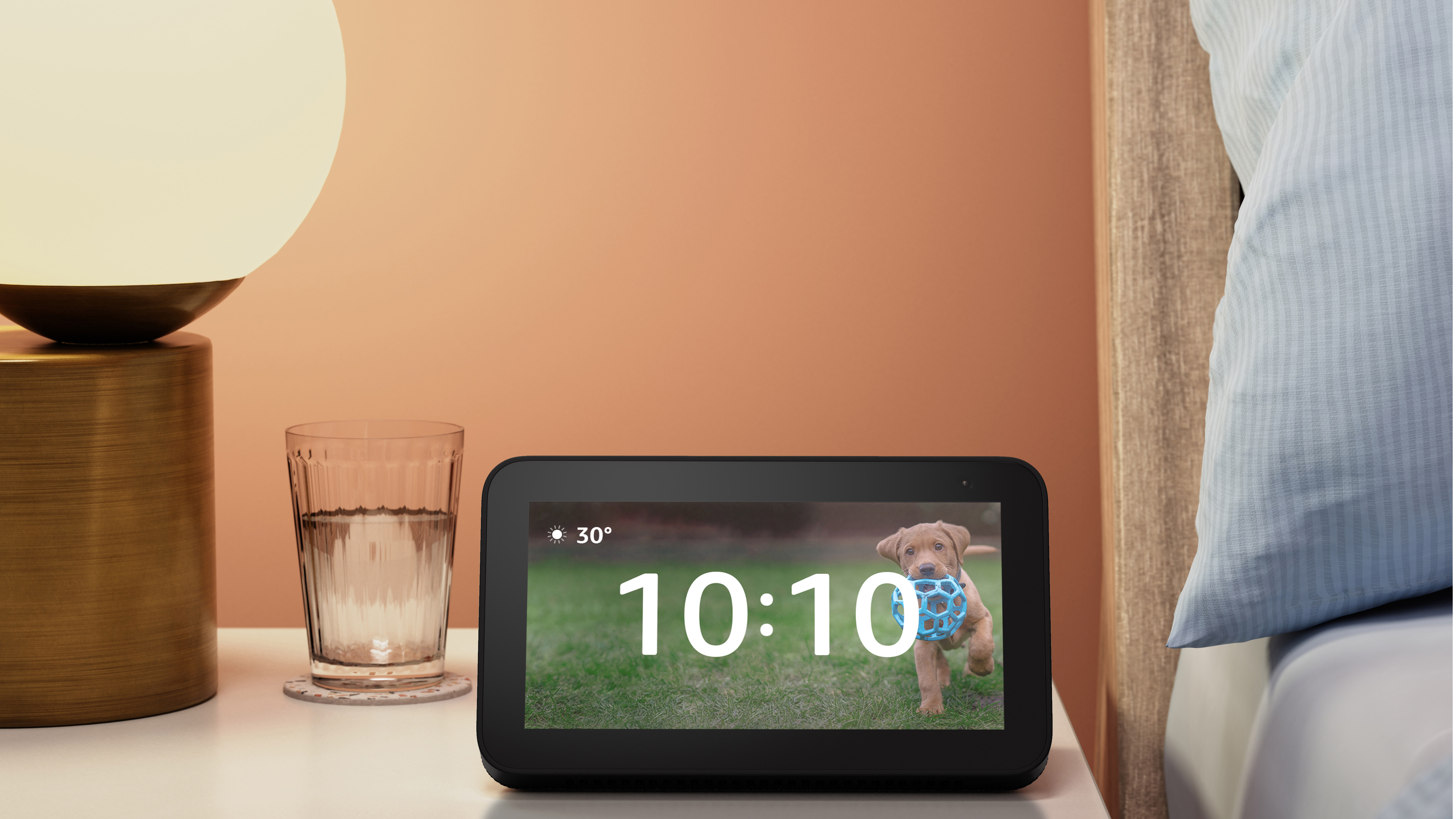
3. Echo Show 5
- Often on offer
- Voice controlled
- Huge variety of tools
The Echo Show 5 is many things to many people. For some, it’s a media player, able to play Amazon Prime Video, Netflix, YouTube, Audible, Spotify or other content from your speaker. For others, it’s a connection to their Ring doorbell. But for most, it tells the time, and you can simply say “Alexa, set an alarm for 7:30am” in order to set it. Dead easy.
Crucially, it’s often on offer, usually found cheaper than its mid-range price tag would suggest. As you can imagine, Amazon has found a ton of ways to customise your alarms, from playing particular songs to sounds to celebrity characters, like Olaf from Frozen (if that’s your thing), and it’s one of the best smart alarm clocks you can use.
You can also choose to have your morning news headlines ready as a digest, thanks to the Skills functionality. I set mine up to play the headline news of the day, read me my calendar, then play a ten-minute loop of soft chillhop music while I stretch or eat breakfast.
Read our full Echo Show 5 review here
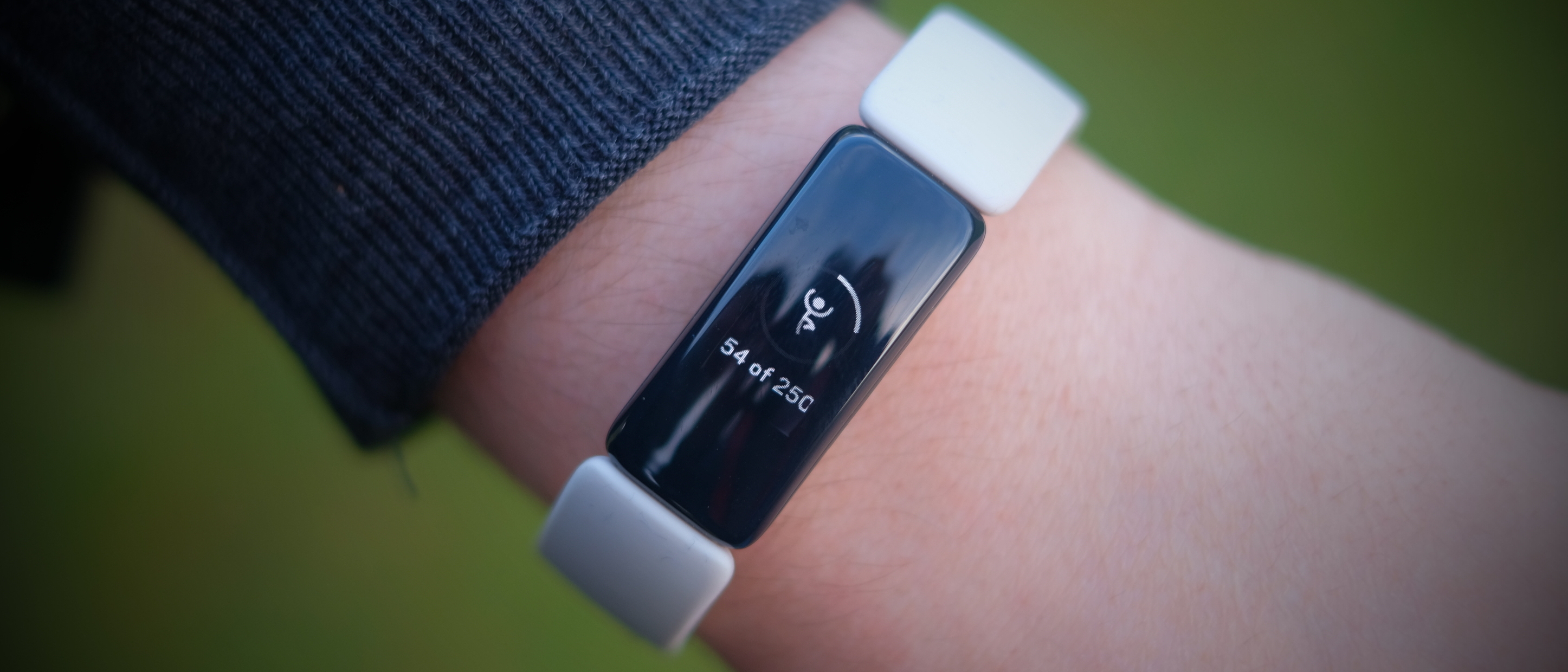
4. Fitbit Inspire 2
- Cheap for a fitness tracker
- Tracks your sleep and activity
- Wakes you with gentle vibrations
If you’re looking for the best cheap fitness tracker to not only monitor your sleep, but wake you up in the morning, Fitbit Inspire 2 is the one to choose. Apple Watch and other smart wearables will offer the same service, but the Inspire 2 has a week’s battery life, is cheap, and has consistently been voted one of our best bands around.
Overnight, your Fitbit will monitor your sleep cycles, looking for how long you’re spending in light and deep sleep, and assign you a “sleep score” so you can effectively monitor how well the changes you’re making affect your sleep. Not only that, but you can set silent alarms to gently vibrate the band on your wrist to shake yourself awake.
If you’ve never tried a fitness band before, the Fitbit Inspire 2 is an inexpensive way to get started. Measure your calories burned, heart rate, workouts, breathing exercises, and more, all from your wrist.

Matt is TechRadar's expert on all things fitness, wellness and wearable tech.
A former staffer at Men's Health, he holds a Master's Degree in journalism from Cardiff and has written for brands like Runner's World, Women's Health, Men's Fitness, LiveScience and Fit&Well on everything fitness tech, exercise, nutrition and mental wellbeing.
Matt's a keen runner, ex-kickboxer, not averse to the odd yoga flow, and insists everyone should stretch every morning. When he’s not training or writing about health and fitness, he can be found reading doorstop-thick fantasy books with lots of fictional maps in them.